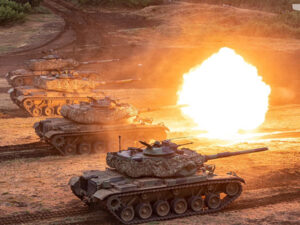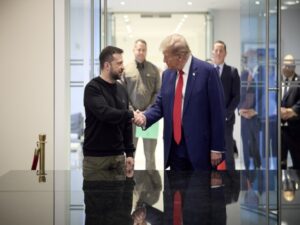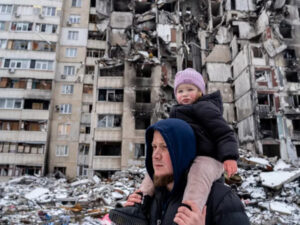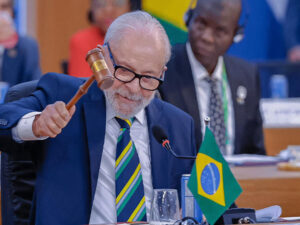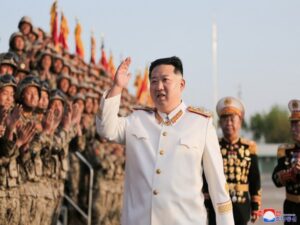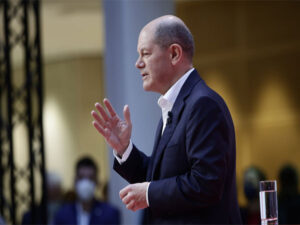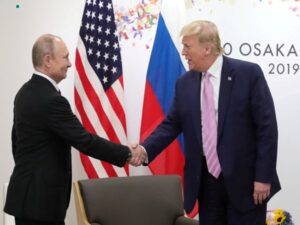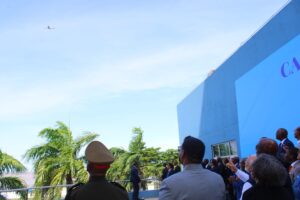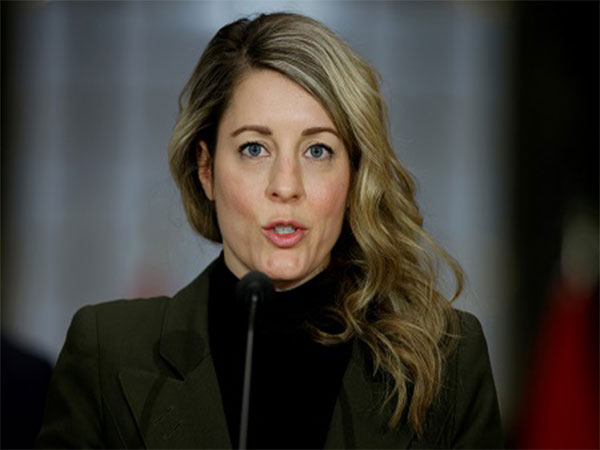
Ottawa [Canada], October 4 (ANI): Canadian Foreign Minister Melanie Joly on Tuesday said that the country wants “private talks with India to resolve a diplomatic dispute” over the killing of Khalistan terrorist Hardeep Singh Nijjar, Reuters reported. “We are in contact with the government of India. We take Canadian diplomats’ safety very seriously and we will continue to engage privately because we think diplomatic conversations are best when they remain private,” Reuters quoted Joly as saying to reporters.
The statement by Joly comes after a report said India had asked Canada to withdraw 41 diplomats.
India has told Canada that it must repatriate the diplomats by October 10. Neither Joly nor Prime Minister Justin Trudeau responded when asked if the report was accurate, as per Reuters.
There is a strain in India-Canada relations following Prime Minister Justin Trudeau’s allegations regarding the Indian government’s ‘potential role’ in the fatal shooting of Khalistan terrorist Hardeep Singh Nijjar.
Nijjar, who was a designated terrorist in India, was gunned down outside a Gurdwara, in a parking area in Canada‘s Surrey, British Columbia on June 18. Trudeau, during a debate in the Canadian Parliament, claimed his country’s national security officials had reasons to believe that “agents of the Indian government” carried out the killing of the Canadian citizen, who also served as the president of Surrey’s Guru Nanak Sikh Gurdwara.
However, India has outrightly rejected the claims, calling it ‘absurd’ and ‘motivated’. Notably, Canada has yet to provide any public evidence to support the claim about the killing of Hardeep Singh Nijjar. The country has said it wants to “work constructively with India” regarding the allegations.
Trudeau on Tuesday said that his country was not “looking to escalate the situation with India,” adding that Ottawa wants to remain on the ground in New Delhi to help Canadians, Reuters reported. “Canada is not looking to escalate the situation with India, will continue to engage responsibly and constructively with New Delhi. We want to be on the ground in India to help the Canadian families there,” Reuters quoted Trudeau as saying.
Trudeau had said last week that Canada is still committed to building closer ties with India, despite “credible allegations of the Indian government’s involvement” in the killing of Khalistani terrorist Hardeep Singh Nijjar, Canada-based National Post reported. India has rejected the claims as “absurd” and “motivated”.
Pointing to the increasing influence of India worldwide, Trudeau said that it is “extremely important” that Canada and its allies continue to engage with India. “India is a growing economic power and important geopolitical player. And as we presented with our Indo-Pacific strategy, just last year, we’re very serious about building closer ties with India,” he had told reporters.
“At the same time, obviously, as a rule of law country, we need to emphasize that India needs to work with Canada to ensure that we get the full facts of this matter,” National Post quoted Trudeau as saying. (ANI)
Its important that diplomats remain on ground: Canadian Foreign Minister amid row with India
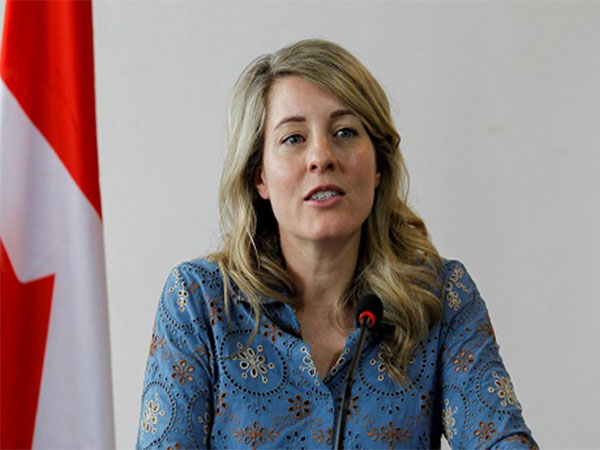
Ottawa [Canada], October 3 (ANI): Amid the continuing diplomatic fallout of Prime Minister Justin Trudeau‘s claim of the involvement of Indian agents in the killing of Sikh separatist leader Hardeep Singh Nijjar, Canada’s Foreign Minister Melanie Joly on Tuesday called it important that diplomats remain on the ground. She said Canada believes in the importance of having a “strong diplomatic footprint” in India, Canada-based CPAC reported.
Speaking to reporters, Joly said, “So in moments of tensions, because indeed there are tensions between both of the government more than ever, it’s important that diplomats be on the ground. And that’s why we believe in the importance of having a strong diplomatic footprint in India.That being said, we are in go ongoing conversations with the Indian government, and we will continue…,” CPAC reported.
She made the remarks in response to the question regarding reports claiming that India has asked Canada to remove 41 of its 62 diplomats in the country. Nijjar, a designated terrorist in India, was killed outside a gurdwara in Canada’s Surrey on June 18. India has also expelled a senior Canadian diplomat in a reciprocal move to Canada expelling a senior Indian diplomat.
Meanwhile, Prime Minister Trudeau on Tuesday said his country was not “looking to escalate the situation with India,” adding that Ottawa wants to remain on the ground in New Delhi to help Canadians, Reuters reported. “Canada is not looking to escalate the situation with India, will continue to engage responsibly and constructively with New Delhi. We want to be on the ground in India to help the Canadian families there,” Reuters quoted PM Trudeau as saying.
During a debate in the Canadian Parliament in September, Trudeau claimed Canada’s national security officials had reasons to believe that “agents of the Indian government” carried out the killing of Nijjar. India outrightly rejected the claims calling them “absured and motivated”.
Last week, External Affairs Minister S Jaishankar said the ongoing problem with Canada has been there for some years because of the “permissiveness” by the government regarding terrorism, extremism and violence in the country. Jaishankar said the current situation can’t be termed a “deadlock”, adding that the Indian government is open to looking at any specific and relevant thing shared by the Canadian side in connection with the issue.
Addressing a press conference in Washington DC on Friday, Jaishankar said, “Well, I don’t know if I would use the term deadlock…The issue is as follows: The Canadians have made some allegations. We have pointed out to them that this is not the Government of India’s policy and if they are prepared to share with us specifics and anything relevant, we are also open to looking at it. So in that sense, that’s where the matter stands”. “But what we do not want to see is an incident treated in isolation because then that somewhere does not convey the right picture,” he added.
The EAM said the ongoing problem with Canada is because of the “permissiveness” regarding terrorism, extremism and violence in the country. “The fact is that we have had an ongoing problem with Canada and the Canadian government for some years now. And the ongoing problem really revolves around the permissiveness in regard to terrorism, extremism and violence,” Jaishankar said.
He added, “This permissiveness is also reflected in the fact that some important extradition requests have not been responded to from their side. In fact, that there are individuals and organizations who are clearly involved with violence and illegal activities in India, who have themselves declared it…I mean it is not a secret.” The EAM further said that even though India wouldn’t have liked suspending the visa operations to Canada, it had to because the Canadian side “made it very difficult” for the Indian side to operate the services. (ANI)







